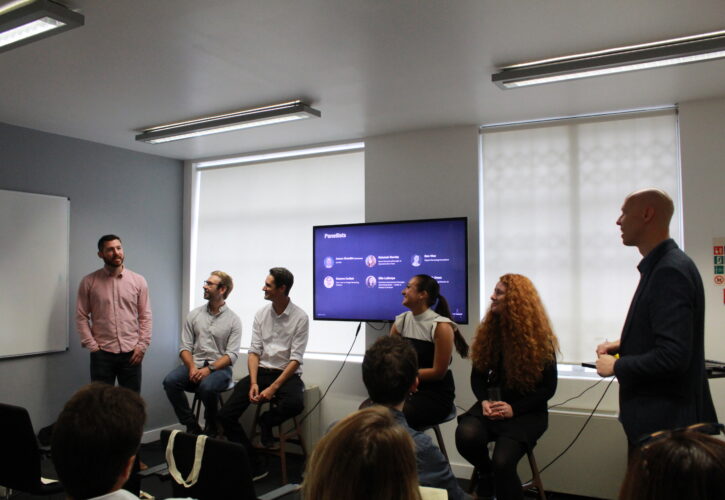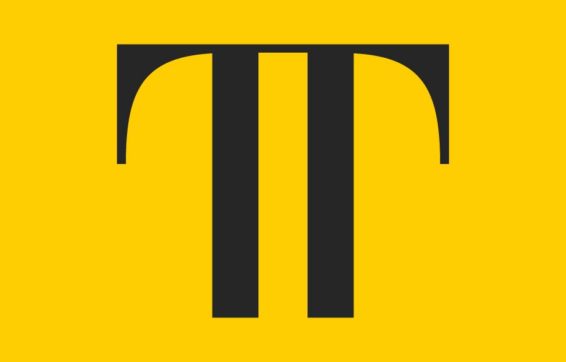
The case for in-housing, are we moving closer to a final verdict?
I was recently lucky enough to sit on the panel at TIPi Group’s Shaping The Future Breakfast, and took part in a conversation about in-housing; how is the brand and agency relationship being affected by the recent trend of bringing a digital team in house, and how are consultancies impacting the future of this balance?
With representatives from Google, Amazon, Mercedes and TIPi Group all taking part in the chat, we had views from across the board from tech platform to brand, but there were some common themes.
Efficiency
The wave of investment in digital transformation in the last few years has seen an monumental shift in the landscape as long-standing agency/brand relationships have come to an end, with brands hiring entire agency-sized teams in house or using consultancies to share the load as they make this change. All of this stems from the need for efficiency and growth.
Tighter marketing budgets and a breakdown in trust with agencies has led to brands thinking they can save on the overhead cost of an agency and take the seemingly simple tasks in-house. Consultancies have added a complication by offering services that, although sometimes expensive at first, promise much better returns in the long run through a fundamental reshuffling of process. Agencies have inevitably born the brunt of this reshuffling, finding themselves re-pitching established clients or potentially pitching for much smaller pieces of business.
During the panel we discussed whether some of this fault lay with the agencies themselves. Maybe this is the result of years of opaque numbers and failure to speak up about the value they were providing. Whether or not this was self-inflicted, larger network agencies have probably suffered the most, with smaller specialist agencies being able to provide a better service for the specific new jobs that are needed from a 3rd party.
Innovation
One thing agencies will always bring to the table is innovation. Although some brands are doing a good job of creating exciting places for young, digital innovators to work, agencies can provide insight away from the isolating perspective inside a brand. It’s not just about work environment, but the fact that agencies work across a range of clients and projects, meaning their teams are exposed to new ideas on a daily basis.
Brands need to at least keep on top of regular learning and development sessions if they have an in-house team, but even this may not be as effective as bringing in a perspective from the outside.
Adaptability
In-housing is not the only thing affecting agencies today. There is also the challenge of better technology and automation replacing the jobs that agencies once charged most of their time against. If you’re still spending the same number of hours on client reporting than you were five years ago, you’re already behind the times. The same is likely to be the case for tasks such as media planning, PPC bid management and even banner creation in the next five years.
Agencies will need to show that they can adapt to this change if they are to survive in-housing. Moving away from an hours-based price model and providing services that are more rooted in organisation and technical management will be some of the ways that agencies can reflect their clients’ needs.
Value
Ultimately the key to the future brand and agency relationship is in the value an agency can provide. Contracts have been lost by not shouting loud enough about the wins, but agencies will have to go beyond arbitrary KPIs to prove their value in the future. Charging their client based on performance alone is an easy way for agencies to do this, but carries inherent risks for the agencies themselves.
Consultancies only provide expertise at an organisational level, not to the depth that specialist practitioners in agencies can provide. Therefore, agencies will need to show the value of an outside perspective and the need for a specialist opinion if they are going to build partnerships again, rather than simply client/agency relationships.
Cycles
During our panel discussion, Gareth Owen (Group MD of TIPi Group) commented that in-housing is something that happens in cycles. This may be true, there have certainly been similar trends in the past. However, what is true is that digital agencies are used to a rapidly changing landscape, and what they’re facing today is just the latest challenge in the fast-paced industry in which they work. Whether this latest cycle, accompanied by automation and new rivals in consultancies, is different remains to be seen.
If you missed our write up of our latest Shaping the Future Breakfast, find it here





